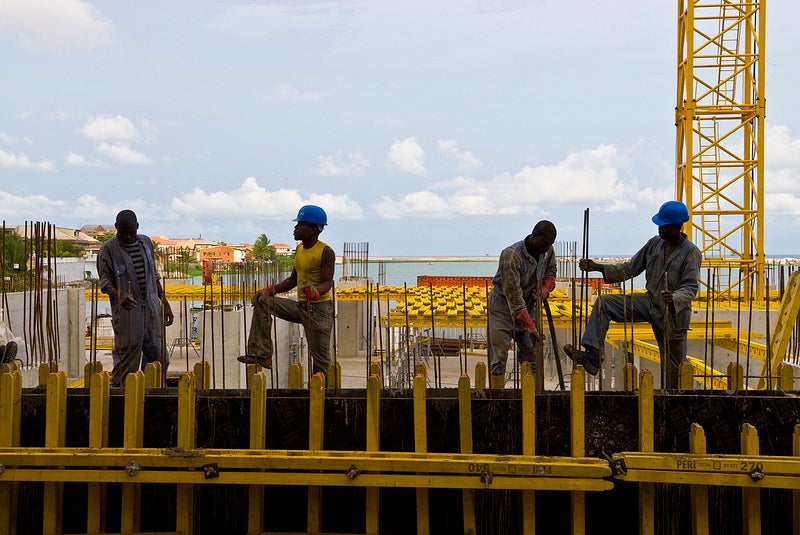
It is often in the wake of conflict and political crises that nations face their greatest challenge – the road to recovery. It is in these tenuous moments, where countries wish to look forward and emerge anew that they often need the most help. Over the years, it has been the World Bank Group’s purview to provide such support, coordinating a common platform for government and international efforts towards recovery and peacebuilding. This work often begins with a needs assessment, known as a Recovery and Peacebuilding Assessment (RPBA), a joint approach of the United Nations (UN), European Union (UN) and the World Bank (WB) to help countries identify and prioritize recovery and peace building activities. This is done by focusing on the conflict and security situation and a thorough understanding of the social, political and economic drivers of the crisis.
Over the past three years, as part of the Bank’s Fragility, Conflict and Violence (FCV) Group, I have worked with more than a dozen countries, helping them in the early stages of recovery. However, recent experiences have highlighted the need to ensure that these assessments lead to meaningful change in insecure and politically challenged environments.
To better respond to the needs of a country in crisis and improve the Bank Group’s work in such situations, the RPBA team, part of the Bank’s Fragility, Conflict and Violence Group, commissioned a review of peacebuilding exercises undertaken by the Bank, EU and UN. The review aimed to inform our assessments and help us strengthen the process. Here’s what we learned:
Engagement and consultations are as important as the outcome
Recovery and peace building is complicated and delicate and certainly not an overnight process. But governments and even donors tend to expect ‘quick wins’. Addressing this notion emerges as one of the review’s key recommendations. Allowing a process to run its course can be frustrating and slow, but the benefits of putting mechanisms, structures and systems in place facilitates smoother implementation and coordination. Sensitive topics such as decentralization, political reforms and demobilization are covered by the RPBA and these can lead to disagreements on the approach and process. Complex peace processes require focus on relationships, not only on technical knowledge and data. For instance, a year-long assessment of Cameroon’s peace process engaged a variety of stakeholders and focused on a common storyline for peacebuilding. By taking the time needed, the government was able to use the information gathered to change their own understanding about the real drivers of the crisis. This led to more ownership and understanding amongst the different stakeholders: civil society, elected representatives, private sector, government officials, donors and others.
Focus on implementation
Actions speak louder than words. Rather than rushing an assessment, we should focus more time and energy on developing realistic ways and means of implementing the recommendations of the assessments as a part of the recovery process. For example, in Nigeria, where complex federal, state and local governance exist, it took seven months for the assessment process to begin, largely because we needed the government to create a way to engage both federal and state government officials. Taking this time, however, allowed the government and its international partners to carefully prioritize the country’s needs at the local, state and national level, which helped lead to longer-term stabilization.
Forge and develop partnerships
Finally, we also need to recognize the benefits of partnerships and view them positively. Mali is a good example. Under the aegis of the Joint Evaluation Mission for Northern Mali (MIEC), a Bank Group partnership with the United Nations Department of Peace-Keeping Operations (UN DPKO), the team was able to bring together the national and international development and security communities for a more comprehensive understanding of Mali’s ongoing crisis and offer recommendations for peacebuilding by linking security with development. This example has set a precedent for future collaboration in crisis situations. The lesson: Peacebuilding must take into account multiple actors and partnerships.
We hope that the review will inform your work. It certainly has and continues to inform ours.


Join the Conversation